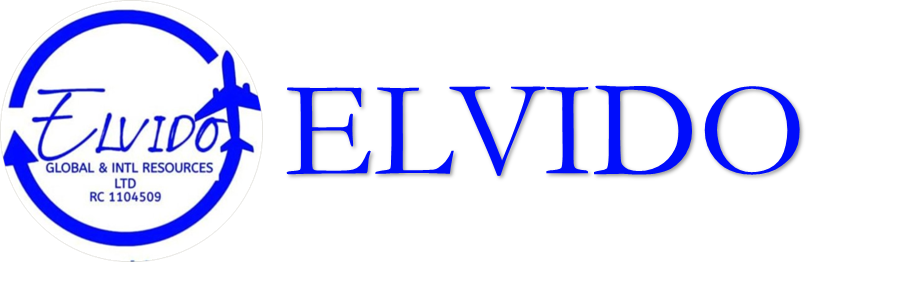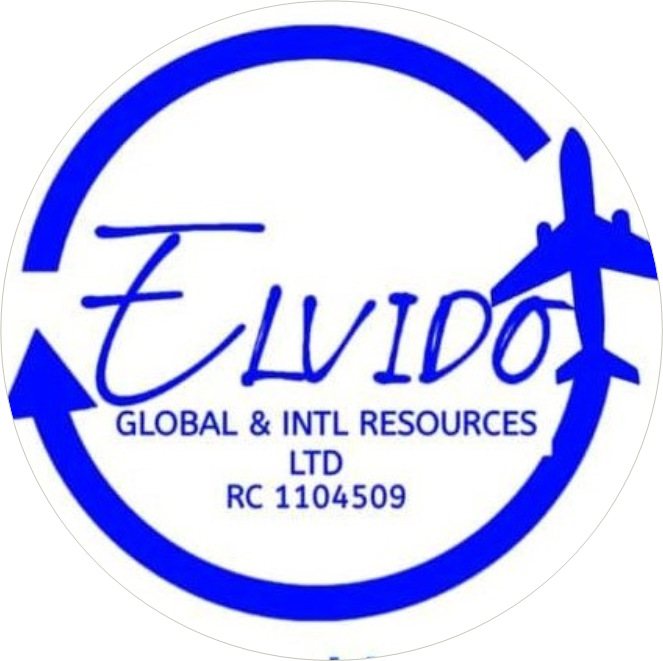Visa interviews play a vital role in your journey to study, work, or live in a new country. This guide breaks down all you need to know about visa interviews. We'll discuss the advantages and disadvantages of these interviews, provide valuable insights, and make side-by-side comparisons to help you prepare effectively.
What Exactly Is a Visa Interview?
A Chat with the Visa Officer
A visa interview is a formal meeting with an officer at the embassy or consulate of your desired destination country. Think of it as a friendly chat where they want to get to know you better.
Why Go Through the Visa Interview?
Checking All the Boxes
Visa interviews are like a checklist for the officers. They want to make sure that you meet the country's criteria and that you're not planning anything sneaky. They also want to verify that your documents are legit.
When Do You Need a Visa Interview?
It Depends on Your Visa
Not all visas require an interview, but many do. It depends on the type of visa you're applying for and where you're from. Tourist visas usually skip the interview, but student or work visas usually don't.
The Upsides of Visa Interviews
1. Showing Your True Colors
One big advantage of a visa interview is that it lets the officer see the real you. They can ask questions to figure out if you genuinely plan to visit, study, or work in their country.
2. Checking the Papers
Visa interviews help officers check if your documents are legit. This helps keep the immigration system on the up-and-up.
3. Sorting Out the Confusion
During the interview, you can clear up any confusion or doubts the officer may have about your application. This is handy if you have a unique situation.
The Downsides of Visa Interviews
1. Nervous Nellies
Visa interviews can be stressful. The fear of rejection or not knowing the outcome can be tough on your nerves.
2. Time Suck
Getting ready for and attending a visa interview can eat up a lot of your time, especially if the embassy is far away.
3. The Dreaded Rejection
There's always the risk of getting your visa application rejected, even if you think you meet all the requirements. Rejections can be a real downer and may mess with your future travel plans.
Visa Interviews in Action: A Side-by-Side Comparison
Let's break down two common types of visa interviews: the student visa interview and the work visa interview.
| Aspect | Student Visa Interview | Work Visa Interview |
|---|---|---|
| Goal | Study in another country as a student | Work in another country as an employee |
| Paperwork | Show enrollment proof and course details | Provide job offer and related documents |
| Questions Asked | Academic plans, financial support | Job role, qualifications, company info |
| Impact of Approval | Years of study ahead | Job opportunities |
| Processing Time | School often handles it | Involves employer sponsorship |
The Good and the Bad of Different Visa Types
Student Visas
The Pros:
Learning Journey: Student visas let you study at cool schools and earn awesome qualifications.
Cultural Dive: You get to dive into a new culture while getting your education on.
Time to Explore: Student visas often mean you can stay for a while, which is great for soaking up knowledge.
The Cons:
Pricey Pursuit: Tuition, living costs, and more can put a dent in your wallet.
Work Limits: Student visas might put a cap on how much you can work while studying.
Return Rules: Some countries may want you to head back home after your studies are done.
Work Visas
The Pros:
Job Seeker's Dream: Work visas open doors to awesome job opportunities and fat paychecks.
Career Boost: You can build a global career and beef up your resume.
The Road to Permanent Residency: Some work visas can lead to you becoming a permanent resident or even a citizen.
The Cons:
Tangled in Red Tape: Work visa applications can be complex and drag on.
Job Shackles: Your visa might tie you down to one employer, limiting your job choices.
Policy Shakeup: Changes in immigration rules can affect your work visa status.
Tips for Acing Your Visa Interview
Do Your Homework: Know what your visa type needs and gather all the right documents.
Practice, Practice: Get comfy with common interview questions and rehearse your answers.
Dress for Success: Put on your best duds and make a great first impression.
Stay Cool and Confident: During the interview, stay chill, be confident, and always tell the truth.
Time Matters: Arrive early to show you're on the ball and serious about your plans.
Wrapping It Up
Visa interviews are a big deal in the immigration process. While they can be a little scary, good prep can up your chances of success. Think about which visa suits you best by weighing the pros and cons. Each visa application is unique, so knowing the process, getting ready, and staying confident can help you sail through the interview and start your international adventure.



Do leave your comments